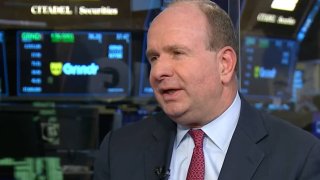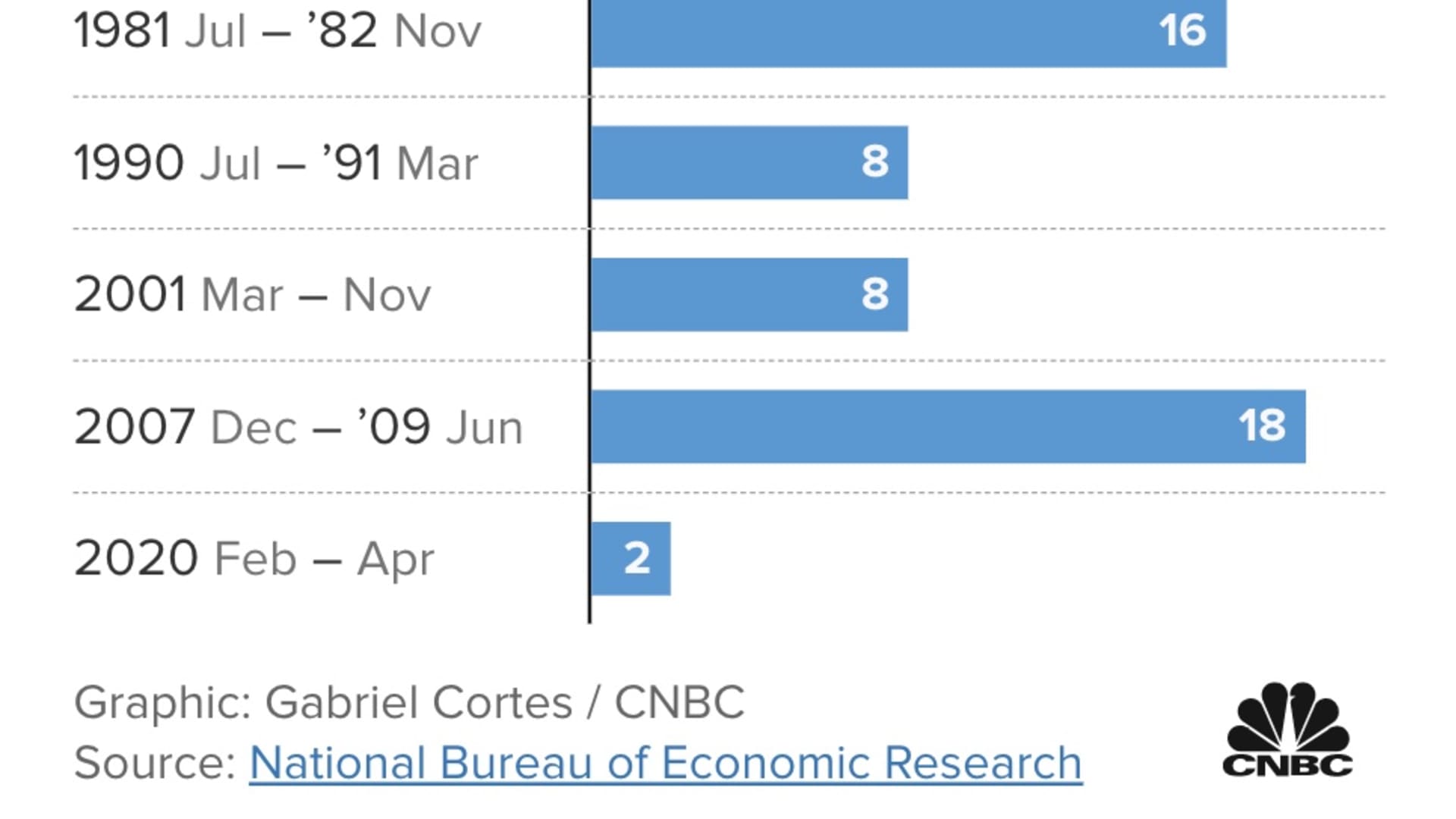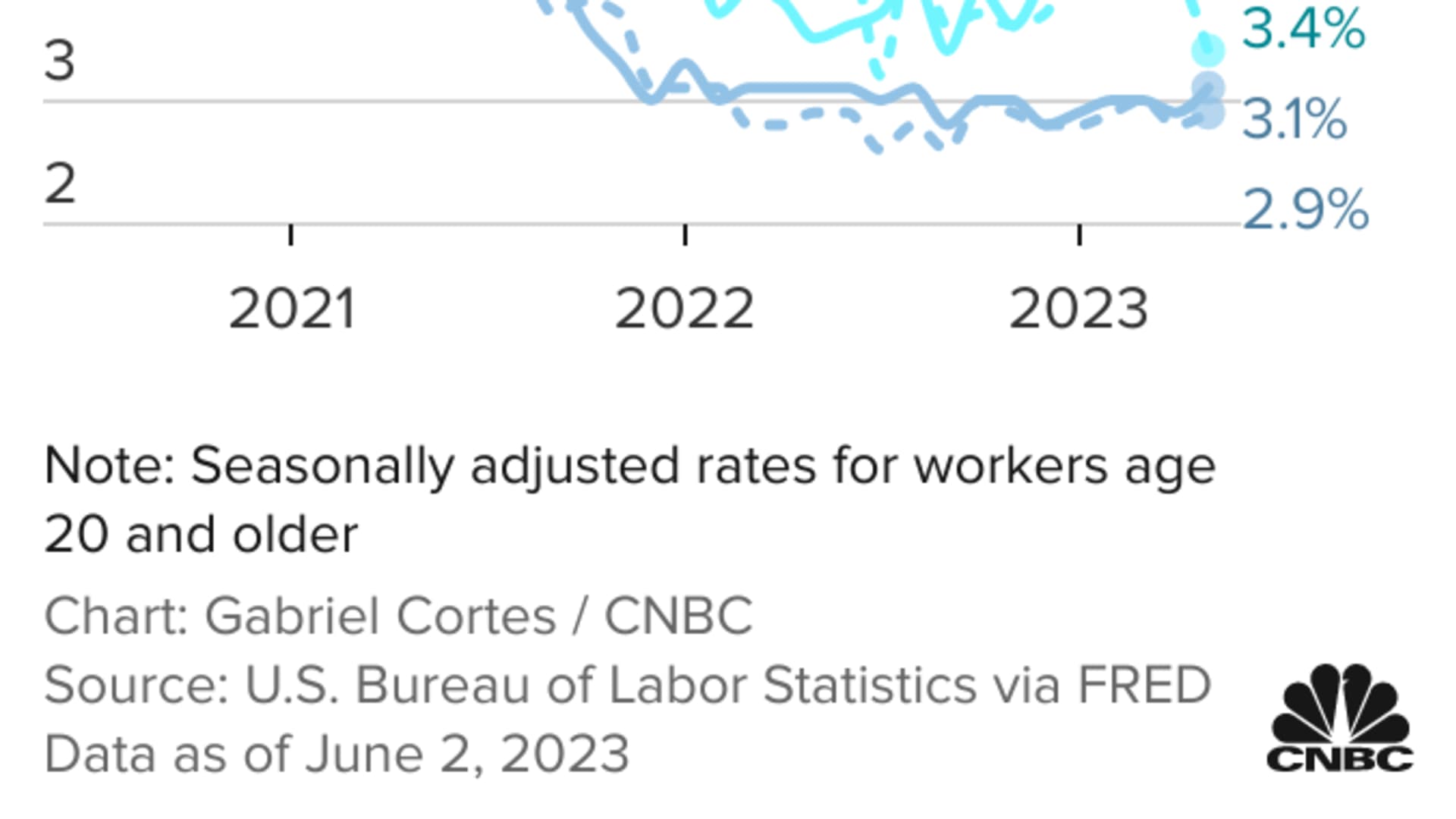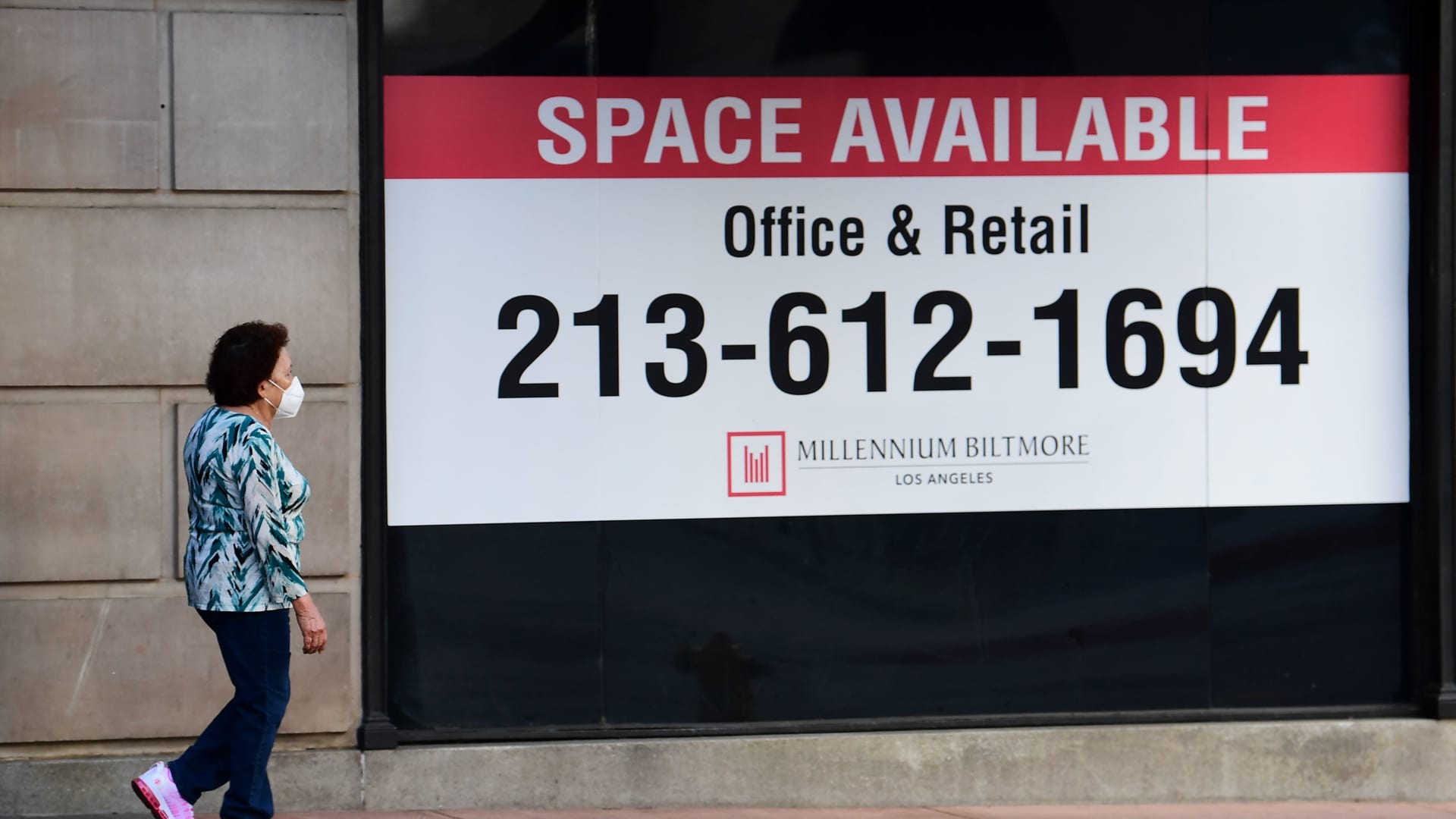
- The current market reminds Bob Michele, chief investment officer for JPMorgan Chase's massive asset management arm, of a deceptive lull during the 2008 financial crisis.
- In previous rate-hiking cycles going back to 1980, recessions start an average of 13 months after the Fed's final rate increase, he said.
- Pain is likely to be greatest in three areas of the economy: Regional banks, commercial real estate and junk-rated corporate borrowers, he said.
To at least one market veteran, the stock market's resurgence after a string of bank failures and rapid interest rate hikes means only one thing: Watch out.
The current period reminds Bob Michele, chief investment officer for JPMorgan Chase's massive asset management arm, of a deceptive lull during the 2008 financial crisis, he said in an interview at the bank's New York headquarters.
"This does remind me an awful lot of that March-to-June period in 2008," said Michele, rattling off the parallels.
Get Tri-state area news and weather forecasts to your inbox. Sign up for NBC New York newsletters.
Then, as now, investors were concerned about the stability of U.S. banks. In both cases, Michele's employer calmed frayed nerves by swooping in to acquire a troubled competitor. Last month, JPMorgan bought failed regional player First Republic; in March 2008, JPMorgan took over the investment bank Bear Stearns.
"The markets viewed it as, there was a crisis, there was a policy response and the crisis is solved," he said. "Then you had a steady three-month rally in equity markets."
The end to a nearly 15-year period of cheap money and low interest rates around the world has vexed investors and market observers alike. Top Wall Street executives, including Michele's boss Jamie Dimon, have raised alarms about the economy for more than a year. Higher rates, the reversal of the Federal Reserve's bond-buying programs and overseas strife made for a potentially dangerous combination, Dimon and others have said.
Money Report
But the American economy has remained surprisingly resilient, as May payroll figures surged more than expected and rising stocks caused some to call the start of a fresh bull market. The crosscurrents have divided the investing world into roughly two camps: Those who see a soft landing for the world's biggest economy, and those who envision something far worse.
Calm before storm
For Michele, who began his career four decades ago, the signs are clear: the next few months are merely a calm before the storm. Michele oversees more than $700 billion in assets for JPMorgan and is also global head of fixed income for the bank's asset management arm.
In previous rate-hiking cycles going back to 1980, recessions start an average of 13 months after the Fed's final rate increase, he said. The central bank's most recent move happened in May.

In that ambiguous period just after the Fed has finished raising rates, "you're not in a recession; it looks like a soft landing" because the economy is still growing, Michele said.
"But it would be a miracle if this ended without recession," he added.
The economy will probably tip into recession by the end of the year, Michele said. While the downturn's start could get pushed back, thanks to the lingering effects of Covid stimulus funds, he said the destination is clear.
"I'm highly confident that we're going to be in recession a year from now," he said.
Rate shock
Other market watchers do not share Michele's view.
BlackRock bond chief Rick Rieder said last month that the economy is in "much better shape" than the consensus view and could avoid a deep recession. Goldman Sachs economist Jan Hatzius recently dialed down the probability of a recession within a year to just 25%. Even among those who see recession ahead, few think it will be as severe as the 2008 downturn.
To start his argument that a recession is coming, Michele points out that the Fed's moves since March 2022 are its most aggressive series of rate increases in four decades. The cycle coincides with the central bank's steps to rein in market liquidity through a process known as quantitative tightening. By allowing its bonds to mature without reinvesting the proceeds, the Fed hopes to shrink its balance sheet by up to $95 billion a month.
"We're seeing things that you only see in recession or where you wind up in recession," he said, starting with the roughly 500-basis point "rate shock" in the past year.

Other signs pointing to an economic slowdown include tightening credit, according to loan officer surveys; rising unemployment filings, shortening vendor delivery times, the inverted yield curve and falling commodities values, Michele said.
Pain trade
The pain is likely to be greatest in three areas of the economy: Regional banks, commercial real estate and junk-rated corporate borrowers, he said. Michele believes a reckoning is likely for each.
Regional banks still face pressure because of investment losses tied to higher interest rates, and are reliant on government programs to help meet deposit outflows, he noted.
"I don't think it's been fully solved yet; I think it's been stabilized by government support," he said.
Downtown office space in many cities is "almost a wasteland" of unoccupied buildings, he said. Property owners faced with refinancing debt at far higher interest rates may simply walk away from their loans, as some have already done. Those defaults will hit regional bank portfolios and real estate investment trusts, he said.

"There are a lot of things that resonate with 2008" including overvalued real estate, he said. "Yet until it happened, it was largely dismissed."
Lastly, he said below-investment grade rated companies who have enjoyed relatively cheap borrowing costs now face a far different funding environment; those that need to refinance floating-rate loans may hit a wall.
"There are a lot of companies sitting on very low-cost funding; when they go to refinance, it will double, triple or they won't be able to and they'll have to go through some sort of restructuring or default," he said.
Ribbing Rieder
Given his worldview, Michele said he is conservative with his investments, which include investment grade corporate credit and securitized mortgages.
"Everything we own in our portfolios, we're stressing for a couple quarters of -3% to -5% real GDP," he said.
That contrasts JPMorgan with other market participants, including his counterpart Rieder of BlackRock, the world's biggest asset manager.
"Some of the difference with some of our competitors is they feel more comfortable with credit, so they are willing to add lower-rate credits believing that they'll be fine in a soft landing," he said.
Despite gently ribbing his competitor, Michele said he and Rieder were "very friendly" and have known each other for three decades, dating to when Michele was at BlackRock and Rieder was at Lehman Brothers. Rieder recently teased Michele about a JPMorgan dictate that executives had to work from offices five days a week, Michele said.
Now, the economy's path could write the latest chapter in their low-key rivalry, leaving one of the bond titans to look like the more astute investor.






